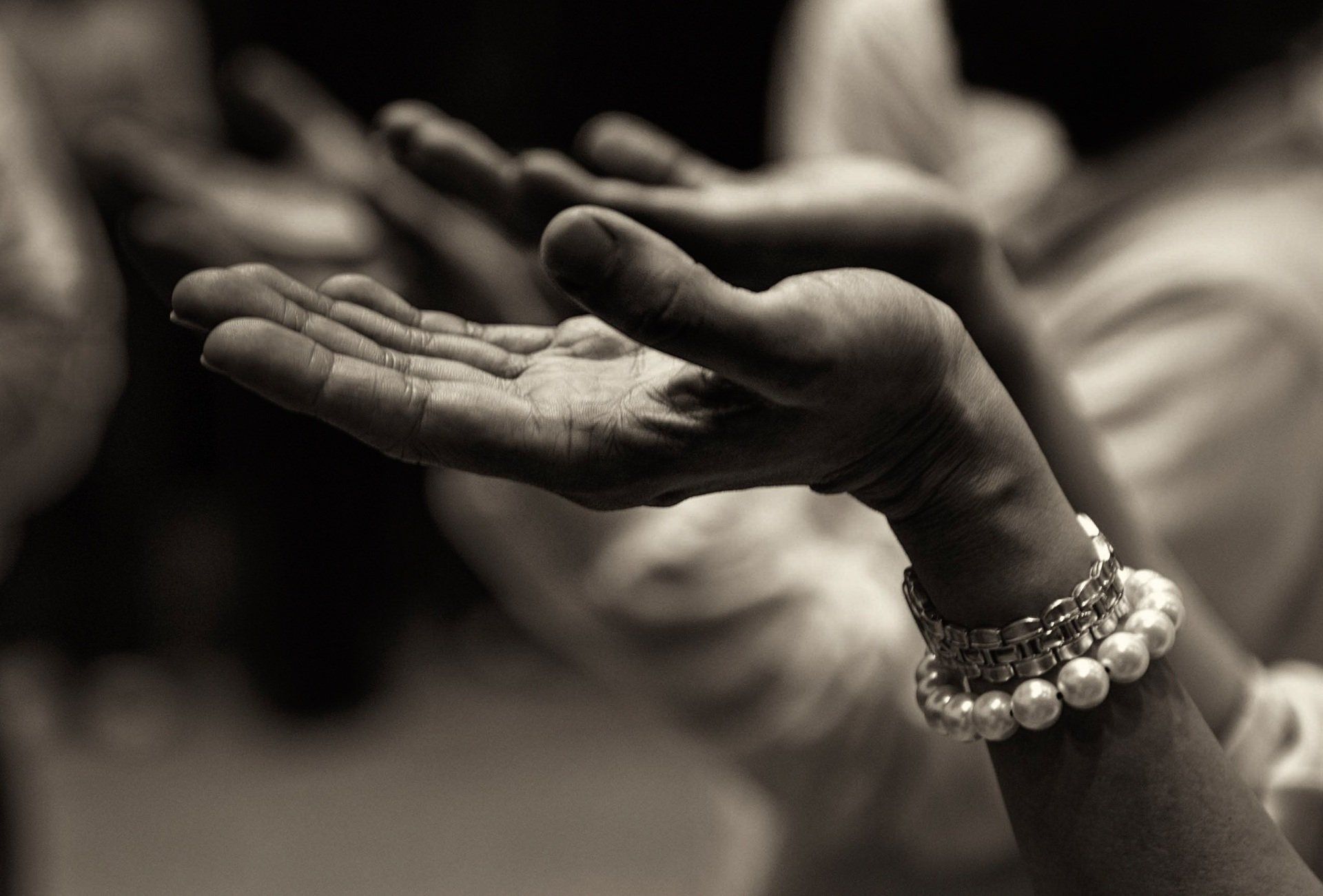The Power of Discernment and Holding Fast to God's Unchanging Hand
In these times of uncertainty and change, I find myself reflecting deeply on the importance of discernment and the unwavering nature of God’s presence in our lives. We live in a world where appearances can be deceiving, and more than ever, it’s crucial that we rely on our spiritual discernment to navigate the complexities around us.
Discernment: A Divine Compass
Discernment is not just a spiritual gift; it’s a necessity. It’s the ability to see beyond the surface, to recognize the truth when everything around us might be pointing in another direction. The enemy is crafty, and false humility is one of the tools he uses to distract and deceive. It can look like righteousness on the outside, but its core is far from the heart of God.
We need to pray for discernment, to ask God to open our eyes and ears to His truth. In a world where so much is hidden behind facades, discernment becomes our divine compass, guiding us to make decisions that align with His will. It helps us distinguish between what is of God and what is not, between what brings life and what leads to destruction.
Nothing Is as It Seems
As we go about our daily lives, we might find that things are not always what they appear to be. The world is in a state of flux, and the certainties we once relied on seem to be shifting. It’s easy to feel disoriented and unsure. But it’s in these moments that we must remember: nothing is as it seems, and yet, God remains the same.
The Bible reminds us in Hebrews 13:8 that “Jesus Christ is the same yesterday, today, and forever.” This truth is our anchor. While the world changes, He does not. His promises, His love, and His faithfulness are constant.
Hold to God’s Unchanging Hand
When the world feels unstable, hold fast to God’s unchanging hand. He is the steady rock beneath our feet, the foundation that will not be moved. No matter what comes our way, we can trust that God is with us, guiding us, and holding us close.
As we face the challenges ahead, let’s lean into God’s presence and trust in His unchanging nature. Let us use the discernment He gives us to navigate the uncertainties, and let us hold on to His hand as we walk through whatever lies ahead.
Remember, the same God who was with us in the past is with us now, and He will be with us in the future. His love and faithfulness endure forever. So, as we continue on this journey, may we always seek His guidance, trust in His discernment, and hold firmly to His unchanging hand.
Additional Reading











